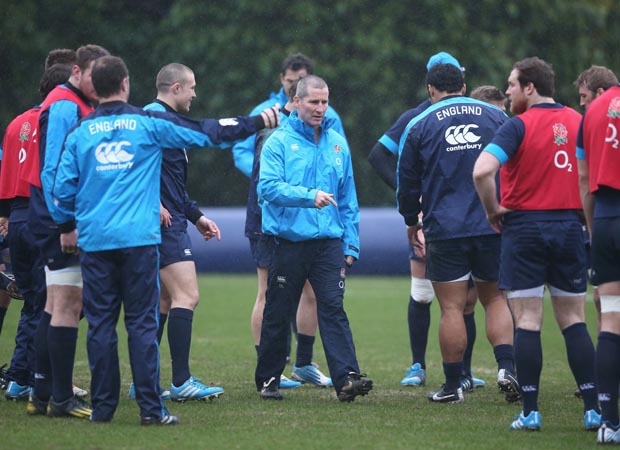
 If Stuart Lancaster sees out his full term as England head coach he will have been in the post for an unprecedented eight years, his tenure from 2012 to 2020 being the longest served. With his coaching team of Andy Farrell, Graham Rowntree and Mike Catt being offered the same five year extension terms as Lancaster, this could turn into one of those weighty millstones that English sport has a habit of hanging round its neck.
If Stuart Lancaster sees out his full term as England head coach he will have been in the post for an unprecedented eight years, his tenure from 2012 to 2020 being the longest served. With his coaching team of Andy Farrell, Graham Rowntree and Mike Catt being offered the same five year extension terms as Lancaster, this could turn into one of those weighty millstones that English sport has a habit of hanging round its neck.
The importance of winning has been accentuated in the pro era, with coaches very well remunerated for the weight of expectation they shoulder – and this is reflected in Lancaster’s new contract, which is said to be worth £350,000 to £400,000 a year.
However, the issue is less one of pay scales than whether the contractual hand-out given to Lancaster and his coaches by RFU chief executive Ian Ritchie is an astute move. From any vantage point other than that of those who believe in ‘Never-Never Land’, and see Lancaster as a coaching Peter Pan who will definitely deliver a World Cup in Japan in 2019 if he fails to in 2015, the answer has to be ‘No’.
Another drawback is that the deal is de-motivating for English players and coaches. What message about an England future does it send to promising club coaches like Jim Mallinder, Rob Baxter and the Saracens duo of Paul Gustard and Alex Sanderson? What about the stash of documentary evidence that says players tire of hearing the same coaching voices?
Lancaster’s 60 per cent win record over the last three years suggests that in the results-driven environment of international rugby, it is a strange call. Especially given that his sternest tests are yet to come, and the win record of his predecessor, Martin Johnson, was only marginally less at 55 percent.
While England are no slouches, Lancaster’s innings so far is not world champion calibre. The pressing issue is not 2019 but whether, over the next year, England can make the five per cent gain that Neil Back identified in these pages recently as the difference between being genuine World Cup contenders at home in 2015, or last eight also-rans.
There is an important distinction emerging between the England of 2000 to 2003, who became world champions, and the England of 2012 to 2015, who are hoping to emulate them. It can be summarised as the difference between a squad with peak performance as its core focus, and another which is in danger of confusing its cultural mission, and ‘brand’ ambitions, with sporting achievement.
The idea being peddled in some quarters that Lancaster’s rebuild has been essential for the RFU and England rugby because after the PR wreckage of 2011 they needed to reconnect with the grass roots of the game, and also make themselves attractive to sponsors again, is overblown.
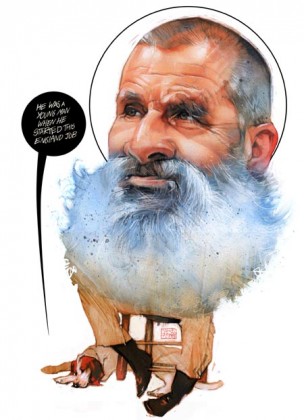 England went out in the quarter-finals of the 1987 and the 1999 World Cups, and bounced back four years later both times with no shortage of support from fans or sponsors. In 1991 Geoff Cooke and Roger Uttley took England to their first World Cup final, and in 2003 Woodward’s crew won it.
England went out in the quarter-finals of the 1987 and the 1999 World Cups, and bounced back four years later both times with no shortage of support from fans or sponsors. In 1991 Geoff Cooke and Roger Uttley took England to their first World Cup final, and in 2003 Woodward’s crew won it.
While England in 1987 and 1999 were not the PR disasters they were in 2011, the Queenstown binge and harbour-jumping misdemeanours were more cumulative than earth-shattering. So, apart from being cast as the tournament’s pantomime villains, it is not as if we were in virgin territory after Martin Johnson’s team lost to France in Auckland.
Lancaster has been right to crack the whip and stress the importance of putting the team first, and also to inform his players of England’s proud heritage.
He and his coaches deserve credit for building a solid defence in their first year, and spending the last two years building a much-improved attack – although it has been more effective in the Six Nations than against those south of the Equator.
However, the tub-thumping ‘England’s saviour’ stuff coming from some pundits seems almost as mis-placed for a side yet to win a Six Nations title as the ostentatious American style hand-over-heart posturing which masquerades as patriotism in England’s latest shirt ad.
Lancaster’s side have spent enough time attending to off-field image. It’s now time to do the business on the pitch. Do that, and the image stuff – and the commercial deals – will fall into place.
Clive Woodward’s side was focussed almost entirely on performance. Their main aim was to get an edge in terms of fitness, tactics, nutrition, psychology, peripheral vision – you name it – when it came to giving themselves an advantage on match day they were unrelenting.
For a side with world champion aspirations in 2015 this is the area where England have come up short under Lancaster. Their home record against the Southern Hemisphere big three is lost 3, won 2. Their away record is lost 5, drawn 1.
The head coach said after returning winless from the New Zealand series in June that fitness had to improve, and you can see why. England have two heavy-duty No.8s in Billy Vunipola and Ben Morgan, but it is rare that either plays the full 80 minutes at Test level because they cannot sustain the intensity. By contrast, there are no concerns over the ability of New Zealand’s Kieran Read or South Africa’s Duane Vermeulen to last the course.
It could be that the five year contract extension will give Lancaster grounds to gamble, changing his back-row by introducing young guns like Will Fraser and Dave Ewers this autumn, or starting George Ford or even Danny Cipriani at fly-half. However, if the fine print has all manner of performance-related caveats after 2015, it may not be as permanent as it looks.
Which brings us back to an England set-up which has started to put spin about “sustainable success” at some point on the 2020 horizon, before the substance of world class performance from the autumn series opener against New Zealand on November 8 until the 2015 World Cup final at Twickenham next October.
*This article was first published in The Rugby Paper on October 5.

2 Comments
You must be logged in to post a comment Login
Leave a Reply
Cancel reply
Leave a Reply
You must be logged in to post a comment.

British and Irish Lions
Charlie Elliott: The 17 backs I would select for the British and Irish Lions



















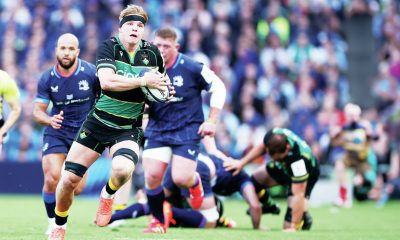

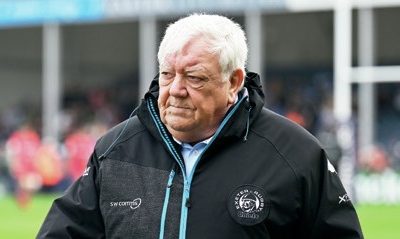

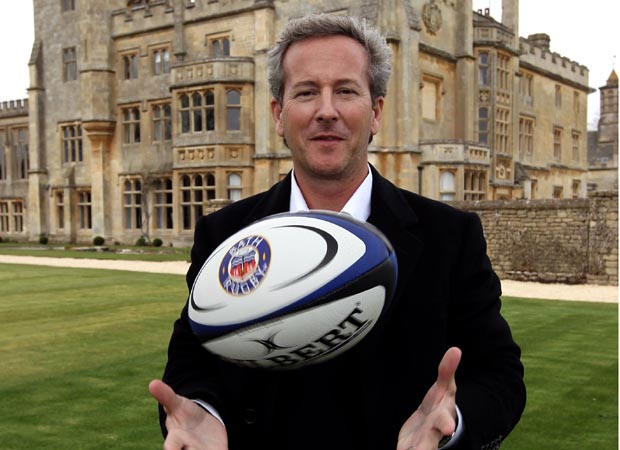
Pingback: ai nude
Pingback: Conventional Tank Water Heater Repair Plumbers